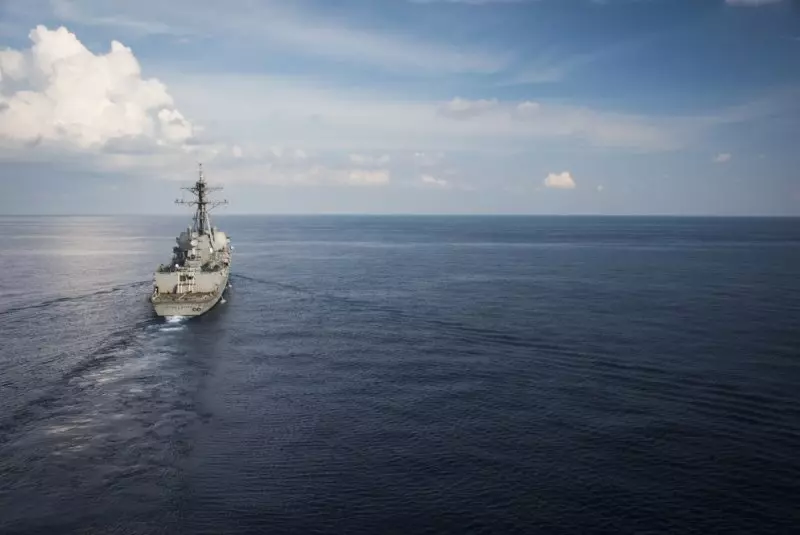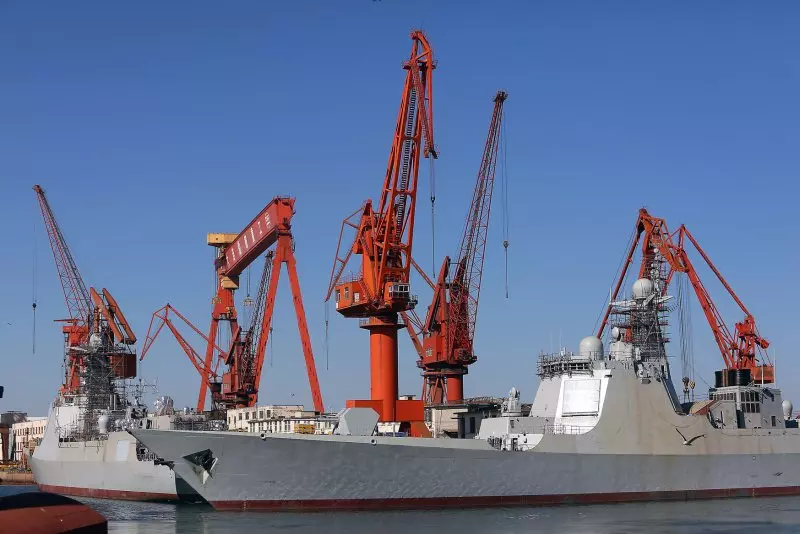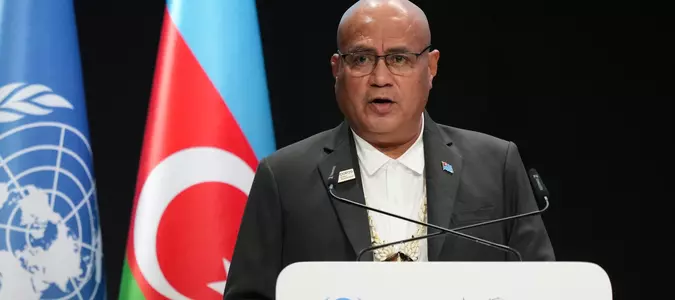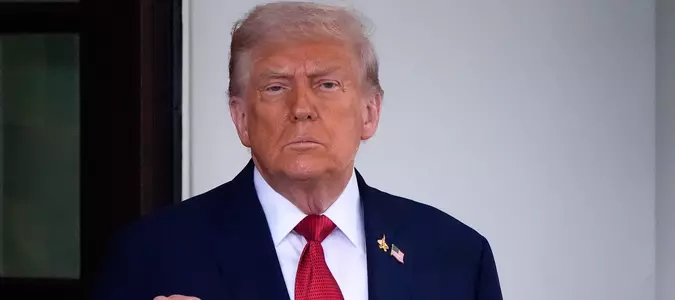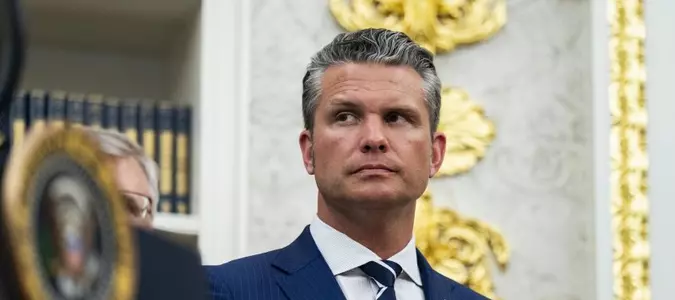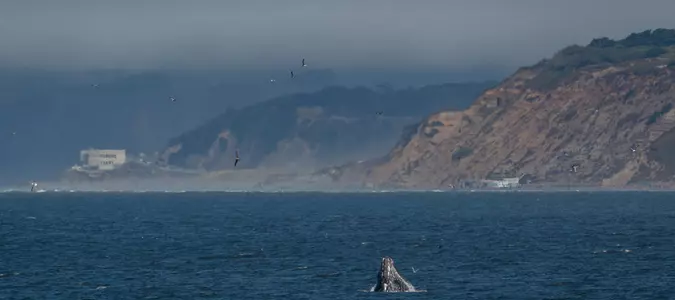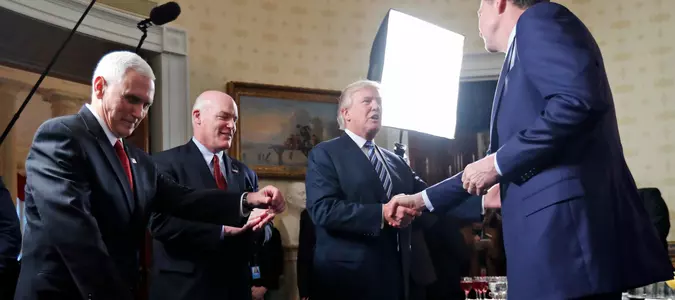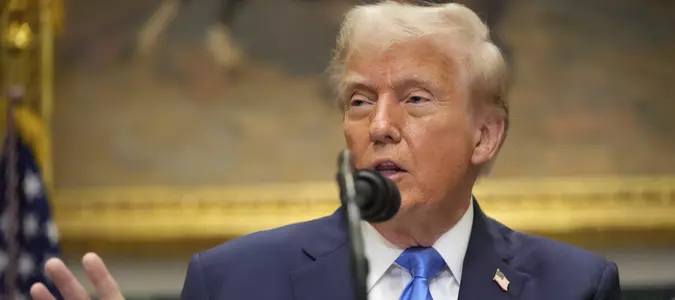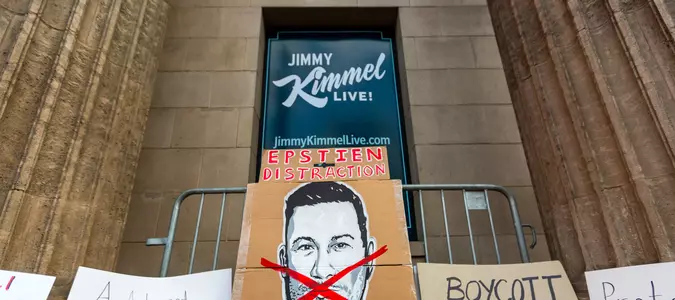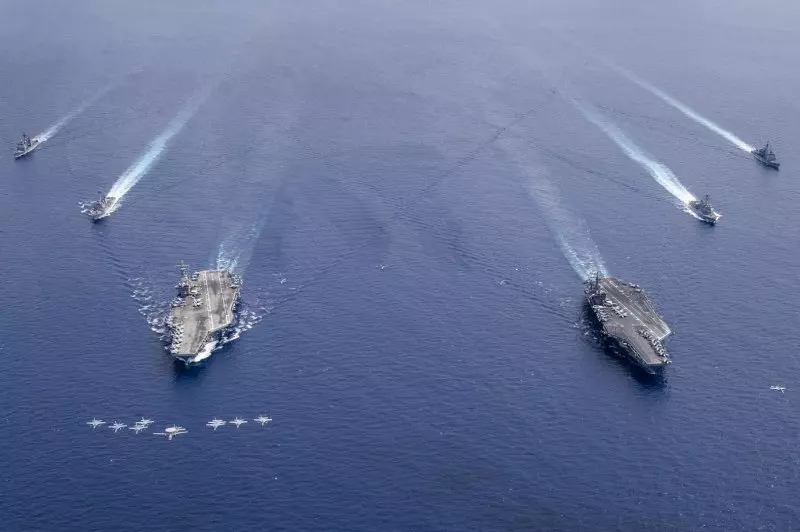

Nations weigh maritime stability as U.S. provides $55M for efforts in Indo-Pacific
Secretary of State Marco Rubio and representatives from more than 35 nations participated in the talks to address global threats to maritime security.

U.S. Naval vessels sail the South China Seas in 2020. On Thursday, U.S. Secretary of State Marco Rubio raised the importance of collective efforts to maintain a "free and open South China Sea," through which trillions of dollars in global trade flow every year. File Photo by MC3 Keenan Daniels/U.S. Navy UPI The Arleigh Burke-class guided-missile destroyer USS Benfold (DDG 65) transits the South China Sea while conducting routine underway operations in 2021. File Photo by Mass Communication Specialist 1st Class Deanna C. Gonzales/U.S. Navy UPI The United States on Thursday announced $55 million in funding toward maritime stability in the Indo-Pacific, the need for which is demonstrated by a Chinese naval vessel sailing in disputed South China Sea waters off the Philippines' coast and near a joint Philippines-U.S. Navy exercise on June 4. Photo by Rolex Dela Pena/EPA UPI The Arleigh Burke-class guided-missile destroyer USS Wayne E. Meyer transits the South China Sea in April 2017. On Thursday, U.S. Secretary of State Marco Rubio raised the importance of collective efforts to maintain a "free and open South China Sea," through which trillions of dollars in global trade flow every year. File Photo by Mass Communication Specialist 2nd Class Z.A. Landers/U.S. Navy UPI Docked Chinese warships undergo maintenance in the port city of Dalian in Liaoning Province, in 2017. On Thursday, U.S. Secretary of State Marco Rubio raised the importance of collective efforts to maintain a "free and open South China Sea," through which trillions of dollars in global trade flow every year. File Photo by Stephen Shaver/UPI UPI
...
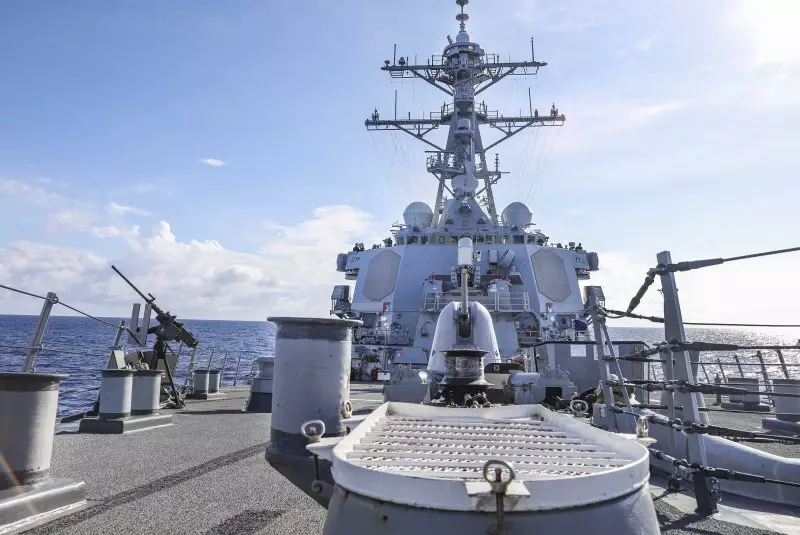
Sept. 25 (UPI) -- U.S. Secretary of State Marco Rubio and representatives from more than 35 nations participated in talks to address global threats to maritime security by China and others on Thursday.
Rubio also announced the United States is allocating $55 million to support maritime law enforcement in the Indo-Pacific region, the State Department announced on Thursday.
The talks occurred as the United Nations' 80th General Assembly continues in New York City and included representatives from Australia, Estonia, Greece, Japan, the Netherlands, the Philippines, Romania and the United Kingdom, among others.
Rubio and others discussed the global freedom of navigation and overflight in international waters, as reflected by the U.N. Convention on the Law of the Sea.
They also addressed the need for safeguarding shared maritime interests and greater cooperation on combating common maritime threats.
Rubio raised the importance of collective efforts to maintain a "free and open South China Sea," through which trillions of dollars in global trade flow every year.
The talk's participants highlighted China's "expansive and unlawful maritime claims" in the South China Sea and the ways in which China tries to enforce its claims.
The $55 million in U.S. funding would help nations in the Indo-Pacific region to better enforce their sovereignty rights and counter illicit maritime activities, including illegal fishing and maritime trafficking operations, according to the State Department.
The funds are in addition to more than $1.5 billion that the United States has allocated to secure the Indo-Pacific since 2017.
The financial support helps many nations in the region, including Vietnam, the Philippines, Indonesia, Malaysia, the Pacific Islands and maritime South Asian nations, according to the State Department.
...
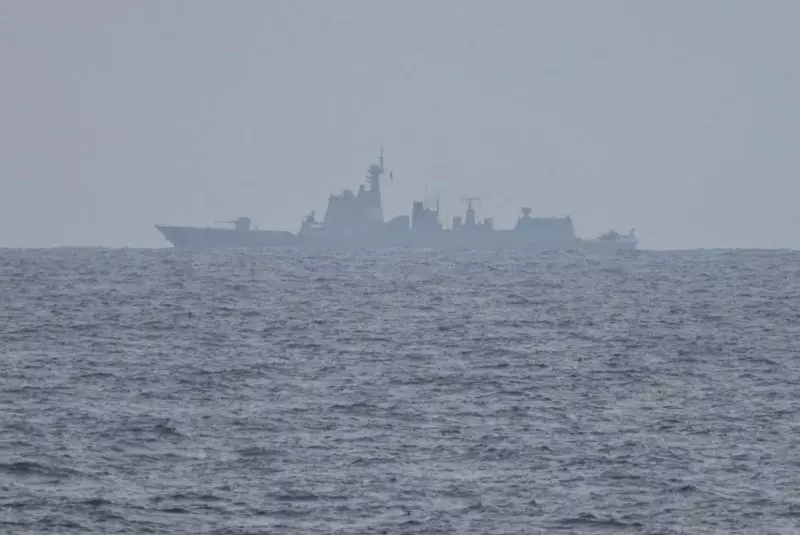
Participants also discussed maritime security threats that threaten shipping lanes, such as the Red Sea and Gulf of Aden, and critical undersea infrastructure, such as pipelines and communications cables.
The maritime stability talks come as the United States has become more reliant on port facilities in other nations to maintain and repair U.S. Navy and commercial vessels in a timely manner, according to the International Institute for Strategic Studies.
